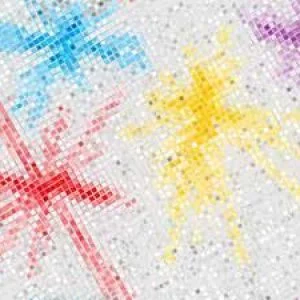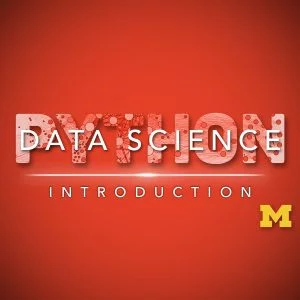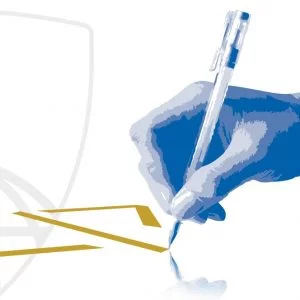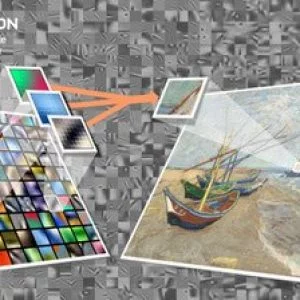
R is rapidly becoming the leading language in data science and statistics. Today, R is the tool of choice for data science professionals in every industry and field. Whether you are full–time number cruncher, or just the occasional data analyst, R will suit your needs. This introduction to R programming course will help you master the basics of R. In seven sections, you will cover its basic syntax, making you ready to undertake your own first data analysis using R. Starting from variables and basic operations, you will eventually learn how to handle data structures such as vectors, matrices, data frames and lists. In the final section, you will dive deeper into the graphical capabilities of R, and create your own stunning data visualizations. No prior knowledge in programming or data science is required. What makes this course unique is that you will continuously practice your newly acquired skills through interactive in–browser coding challenges using the DataCamp platform. Instead of passively watching videos, you will solve real data problems while receiving instant and personalized feedback that guides you to the correct solution. Enjoy! edX offers financial assistance for learners who want to earn Verified Certificates but who may not be able to …
Instructor Details
Courses : 2
Specification: Introduction to R for Data Science
|
6 reviews for Introduction to R for Data Science
Add a review Cancel reply
This site uses Akismet to reduce spam. Learn how your comment data is processed.

| Price | Free |
|---|---|
| Provider | |
| Duration | 10 hours |
| Year | 2020 |
| Level | Beginner |
| Language | English |
| Certificate | Yes |
| Quizzes | No |

FREE






Hchan –
This course is actually more like half a course, but it does that half extremely well. This class will give you solid foundations in the basic data structures of R, and it does so very efficiently and very well just a few minutes of lectures and exercises and you’ve learnt what is needed demonstrating the effectiveness of Datacamp’s platform. There is no coverage on control flow, functions, or vectorized operations, which is needed for an actual working knowledge of R. I believe the intention is for you to continue your education at Datacamp, but at the moment of writing that is not free.
Aliaksandr Bely –
A good course overall especially for novices. Material is very basic and covers only simplest data structures and graphics. Course designed for those who can not program at all. But if you have some programming experience I would rather recommend coursera course about R.
Farsan Rashid –
This course can be a very good place to start learning R programming. Only because of one ambiguous assignment I am not giving it 5 stars but I highly recommend this course to anyone who wants to start R programming.
Anonymous –
I’m going to flunk out. Way too difficult; the lab exercises are incomprehensible. I’m not a complete idiot, having published a couple of papers in the journal Science.
Bob Blackburn –
This is a very useful introduction to R. I was taking the DAT203X Data Science and they suggested to take an R or Python to follow along better. It was well worth it. You get a basic understanding of data structures, operators, and basic graphing.
The labs are done through DataCamp to practice what you just learned. They may seem slow at first; but, they incrementally build on what you know to extend your skill set.
Anonymous –
This is an extremely helpful course to get you started in R. The most helpful part to me is the interactive programming exercise. I think they are highly organized and delicately targeted towards different knowledge points.